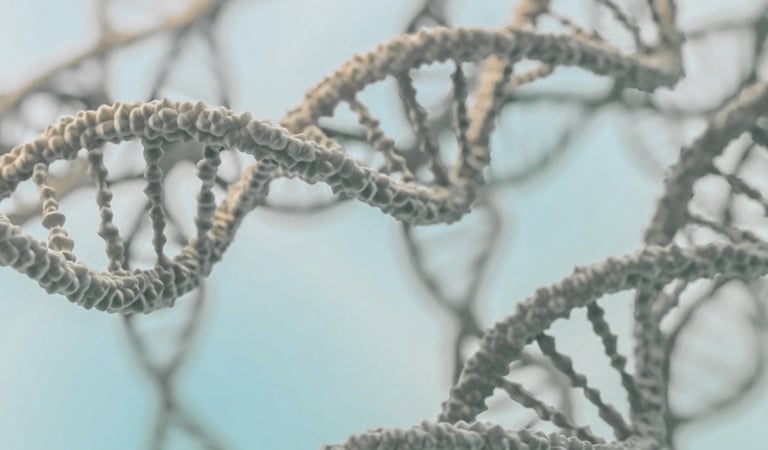New genetic sensor for DNA methylation discovered
MOLECULAR & COMPUTATIONAL BIOLOGY
8/27/2024
Researchers at Rockefeller University have successfully identified a protein that plays a crucial role in maintaining DNA methylation patterns, an epigenetic marker that regulates gene expression without altering the DNA sequence, previously thought to be the exclusive domain of the UHRF1 protein. In a study published in Science Advances in August 2024, the researchers uncovered CDCA7’s ability to detect hemimethylation in DNA, where one of the two DNA strands has a methyl group attached to the cytosine base while the other does not. This occurs when the parental DNA strand is inherited with methylation, while the newly synthesized strand remains unmethylated.
The study also identified a unique zinc-finger domain within CDCA7, which has been evolutionarily conserved as a hemimethylation-sensing component. In its role, CDCA7 works alongside the protein HELLS, a nucleosome remodeler, enabling CDCA7 to access DNA that requires methylation within the densely packed chromatin, which even UHRF1 cannot reach. This discovery provides new insights into DNA methylation, revealing CDCA7's potential as a biosensor for detecting methylated DNA regions otherwise inaccessible within nucleosomes. Additionally, it explains how mutations in CDCA7 might lead to ICF syndrome, as uncovered in previous research.


